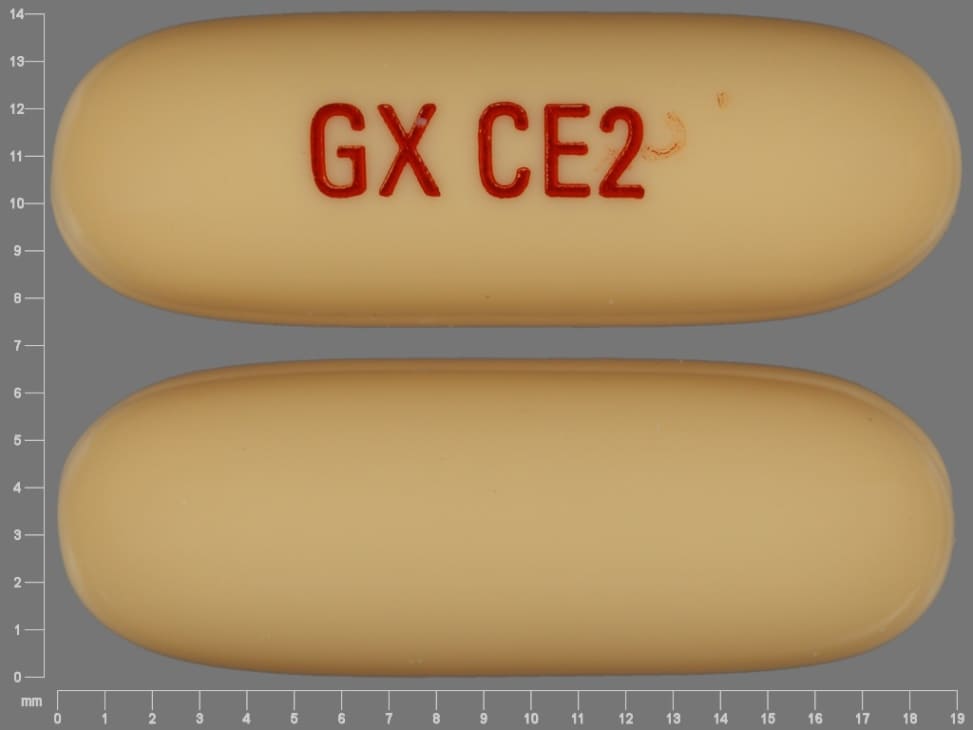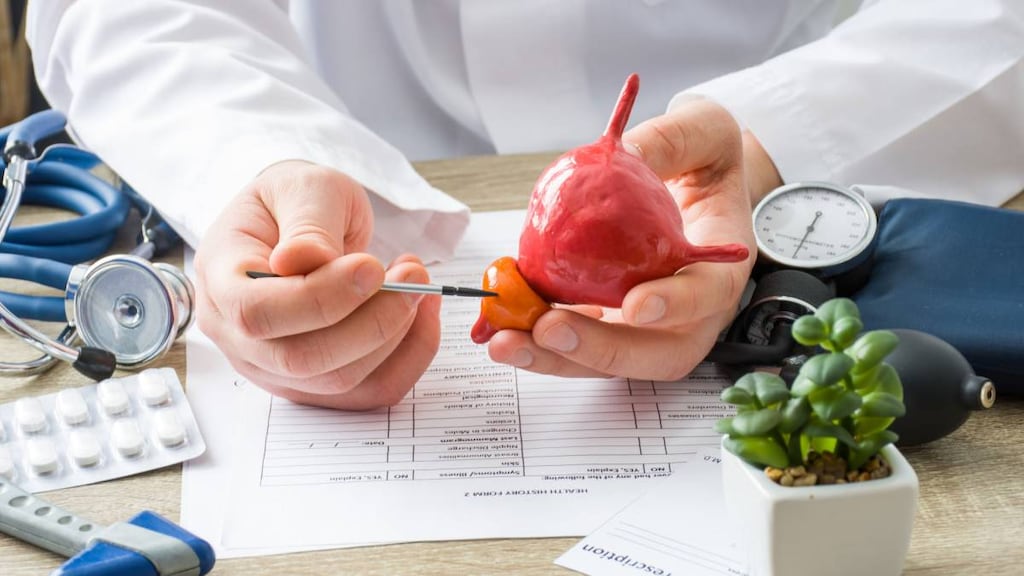What is Avodart?
Avodart is a prescription medicine that contains dutasteride. Avodart is used to treat the symptoms of benign prostatic hyperplasia (BPH) in men with an enlarged prostate to:
- improve symptoms,
- reduce the risk of acute urinary retention (a complete blockage of urine flow),
- reduce the risk of the need for BPH-related surgery.
How does Avodart work?
Prostate growth is caused by a hormone in the blood called dihydrotestosterone (DHT). Avodart lowers DHT production in the body, leading to shrinkage of the enlarged prostate in most men. While some men have fewer problems and symptoms after 3 months of treatment with Avodart, a treatment period of at least 6 months is usually necessary to see if Avodart will work for you.
Who should not take Avodart?
Do not take Avodart if you are:
- pregnant or could become pregnant. Avodart may harm your unborn baby. Pregnant women should not touch Avodart capsules. If a woman who is pregnant with a male baby gets enough Avodart in her body by swallowing or touching Avodart, the male baby may be born with sex organs that are not normal. If a pregnant woman or woman of childbearing potential comes in contact with leaking Avodart capsules, the contact area should be washed immediately with soap and water.
- a child or a teenager.
- allergic to dutasteride or any of the ingredients in Avodart. See the end of this leaflet for a complete list of ingredients in Avodart.
- allergic to other 5 alpha-reductase inhibitors, for example, proscar (finasteride) tablets.
What should I tell my healthcare provider before taking Avodart?
Before you take Avodart, tell your healthcare provider if you:
- have liver problems
Tell your healthcare provider about all the medicines you take, including prescription and non-prescription medicines, vitamins, and herbal supplements. Avodart and other medicines may affect each other, causing side effects. Avodart may affect the way other medicines work, and other medicines may affect how Avodart works.
Know the medicines you take. Keep a list of them to show your healthcare provider and pharmacist when you get a new medicine.
How should I take Avodart?
- Take 1 Avodart capsule once a day.
- Swallow Avodart capsules whole. Do not crush, chew, or open Avodart capsules because the contents of the capsule may irritate your lips, mouth, or throat.
- You can take Avodart with or without food.
- If you miss a dose, you may take it later that day. Do not make up the missed dose by taking 2 doses the next day.
What should I avoid while taking Avodart?
- You should not donate blood while taking Avodart or for 6 months after you have stopped Avodart. This is important to prevent pregnant women from receiving Avodart through blood transfusions.
What are the possible side effects of Avodart?
Avodart may cause serious side effects, including:
- Rare and serious allergic reactions, including:
- swelling of your face, tongue, or throat
- serious skin reactions, such as skin peeling
Get medical help right away if you have these serious allergic reactions.
- Higher chance of a more serious form of prostate cancer.
The most common side effects of Avodart include:
- trouble getting or keeping an erection (impotence)*
- a decrease in sex drive (libido)*
- ejaculation problems*
- enlarged or painful breasts. If you notice breast lumps or nipple discharge, you should talk to your healthcare provider.
*Some of these events may continue after you stop taking Avodart.
Depressed mood has been reported in patients receiving Avodart.
Avodart has been shown to reduce sperm count, semen volume, and sperm movement. However, the effect of Avodart on male fertility is not known.
Prostate-Specific Antigen (PSA) Test: Your healthcare provider may check you for other prostate problems, including prostate cancer before you start and while you take Avodart. A blood test called PSA (prostate-specific antigen) is sometimes used to see if you might have prostate cancer. Avodart will reduce the amount of PSA measured in your blood. Your healthcare provider is aware of this effect and can still use PSA to see if you might have prostate cancer. Increases in your PSA levels while on treatment with Avodart (even if the PSA levels are in the normal range) should be evaluated by your healthcare provider.
Tell your healthcare provider if you have any side effect that bothers you or that does not go away.
These are not all the possible side effects with Avodart. For more information, ask you healthcare provider or pharmacist.
Call your doctor for medical advice about side effects. You may report side effects to FDA at 1-800-FDA-1088.
Avodart Images
General information about the safe and effective use of Avodart
Medicines are sometimes prescribed for purposes other than those listed in a patient leaflet. Do not use Avodart for a condition for which it was not prescribed. Do not give Avodart to other people, even if they have the same symptoms that you have. It may harm them.
This patient information leaflet summarizes the most important information about Avodart. If you would like more information, talk with your healthcare provider. You can ask your pharmacist or healthcare provider for information about Avodart that is written for health professionals.
For more information call 1-888-825-5249.
How should I store Avodart?
- Store Avodart capsules at room temperature (59°F to 86°F or 15°C to 30°C).
- Avodart capsules may become deformed and/or discolored if kept at high temperatures.
- Do not use Avodart if your capsules are deformed, discolored, or leaking.
- Safely throw away medicine that is no longer needed.
Keep Avodart and all medicines out of the reach of children.
What are the ingredients in Avodart?
Active ingredient: dutasteride.
Inactive ingredients: butylated hydroxytoluene, ferric oxide (yellow), gelatin (from certified BSE-free bovine sources), glycerin, mono-di-glycerides of caprylic/capric acid, titanium dioxide, and edible red ink.


